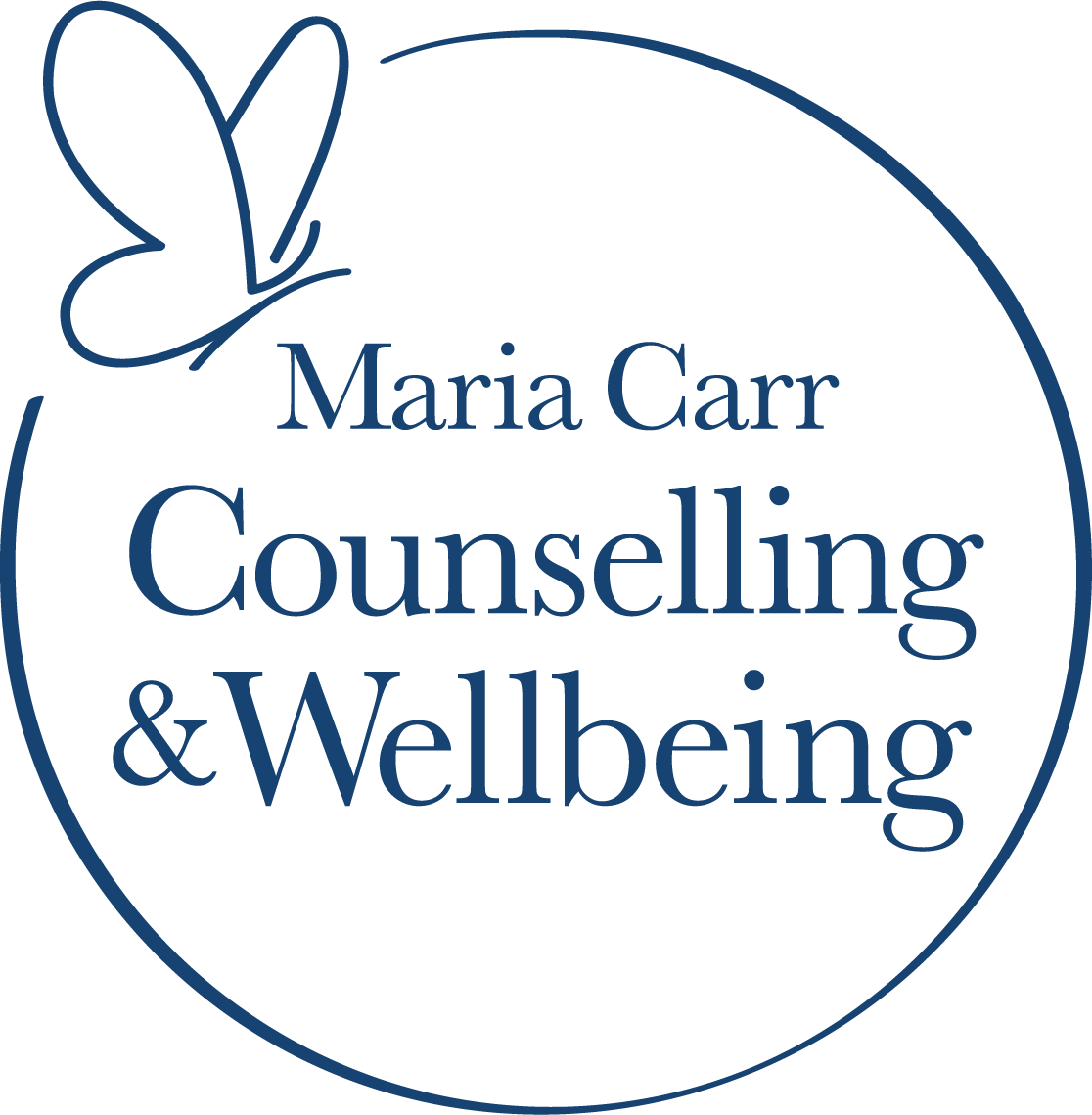
Inner Child Healing
Inner child holistic counselling sessions focus on healing unresolved emotional wounds, trauma, unmet needs or conditioning from childhood that may be impacting your present life. These sessions aim to reconnect you with your inner child—the part of you that holds your earliest memories, emotions, and experiences.
Inner child holistic counselling sessions are designed to help you heal past wounds, develop greater self-awareness, and build a stronger, more compassionate relationship with yourself, leading to emotional well-being and inner peace.
Inner child wounds are emotional injuries that originate from unmet needs, traumatic experiences, or difficult situations during childhood. These wounds can shape our beliefs, behaviors, and emotional responses in adulthood. Here are some common causes of inner child wounds:
Emotional Neglect - lack of emotional support, growing up in an environment where emotions were ignored, dismissed, or not validated can lead to feelings of unworthiness and difficulties in expressing emotions.
Absence of Affection - a lack of physical affection, such as hugs or comforting words, can make a child feel unloved and disconnected.
Physical Abandonment: occurs when a parent or caregiver physically leaves the child, either temporarily or permanently, leading to feelings of rejection, fear, and insecurity.
Emotional Abandonment: even if a parent is physically present, they might be emotionally unavailable due to stress, mental health issues, or preoccupation, leaving the child feeling alone and unsupported.
Physical Abuse: Experiencing physical harm, such as hitting or other forms of violence, can create deep-seated fear, anger, and mistrust.
Emotional Abuse: Verbal abuse, constant criticism, belittling, or manipulation can lead to a damaged sense of self-worth and chronic self-doubt.
Sexual Abuse: This can cause profound and long-lasting emotional trauma, often leading to shame, guilt, and difficulties in forming healthy relationships later in life.
Helicopter Parenting: Overprotective or controlling parents may prevent a child from developing a sense of independence, leading to feelings of helplessness or inadequacy.
Lack of Autonomy: When a child is not allowed to make decisions or explore their own interests, it can stifle their self-confidence and sense of identity.
Unpredictable Behavior: Growing up with a caregiver who is unpredictable—sometimes loving, sometimes distant or angry—can create confusion and anxiety, leading to a fear of abandonment.
Inconsistent Rules or Expectations: This can lead to difficulties in understanding boundaries and establishing a stable sense of self.
Death of a Loved One: The loss of a parent, sibling, or close family member during childhood can create unresolved grief, fear of loss, and a deep sense of loneliness.
Divorce or Separation: Parental divorce or separation can cause feelings of abandonment, confusion, and divided loyalties, leaving a child with unresolved emotional pain.
School Bullying: Being bullied or rejected by peers can severely damage a child's self-esteem, leading to feelings of inadequacy, loneliness, and social anxiety.
Social Isolation: Experiencing social isolation, whether due to bullying or other factors, can cause deep emotional scars, leading to a fear of rejection and difficulties in forming relationships.
Exposure to Violence: Witnessing violence between parents or other family members can create fear, insecurity, and a belief that relationships are inherently dangerous or chaotic.
Constant Conflict: Growing up in a home with constant arguments, tension, or unresolved conflict can lead to chronic anxiety and difficulties in dealing with conflict in adulthood.
High Expectations: Parents who place unrealistic expectations on their children, whether academically, athletically, or behaviorally, can create a sense of never being "good enough," leading to perfectionism and chronic stress.
Pressure to Succeed: The pressure to excel and meet high standards can cause a child to develop a fear of failure and a persistent feeling of inadequacy.
Suppression of Individuality: If a child's interests, talents, or personality traits are not supported or are discouraged, it can lead to confusion about their true self and a lack of self-worth.
Cultural or Social Expectations: Pressure to conform to cultural, gender, or societal expectations that don't align with a child's true identity can cause inner conflict and self-rejection.
These wounds, if not addressed, can manifest in adulthood as low self-esteem, anxiety, depression, relationship difficulties, and other emotional challenges. Healing the inner child involves acknowledging these wounds, understanding their impact, and working through the associated emotions to create a healthier, more integrated sense of self.
An inner child healing session offers a guided process to help individuals reconnect with, heal, and nurture your inner child—the part of yourself that holds childhood memories, emotions, and experiences. The session is designed to address unresolved emotional wounds, release negative patterns, and foster self-compassion and self-acceptance.
Regular inner child healing sessions can lead to significant emotional healing, helping you release past pain, build self-love, and create a more fulfilling and balanced life.
How the Inner Child Session Works
Your session begins with discussion to help you understand what the "inner child" represents and how childhood experiences might be affecting your current emotional state, relationships, and behavior. Maria will guide you to identify specific childhood memories or experiences that may have caused pain, fear, or unresolved emotions.
If the childhood wound or trauma is too painful, Maria does not expect you to recall every detail of the event and will be guided by you on the amount of details you are comfortable talking about. If you are unable to remember details as it has been locked away in your subconscious as it was to difficult and traumatic - we will leave those memories there, Maria is still able to work with this during the energy healing phase
Following the counselling, we transition into the energy healing work. You’ll lie comfortably on a massage table, allowing your body to rest and unwind. We start with deep breathing exercises to help your mind and body relax.
During this phase, Maria will work with your inner child, guiding your inner child through a process that allows the child to subconsciously acknowledge, feel, process, and release the layers of trauma, emotions, fears, conditioning you may be holding. She will engage with your limbic system, brain, vagus nerve, and nervous system, as well as your physical and energy bodies to release the childhood trauma and wounds and facilitate deep healing. Maria will clear blockages, balance our energy field, and restore harmony to your physical and energy bodies.
At the conclusion of the energy healing work, we will sit together and debrief, discussing the energy work that took place and any insights or experiences you wish to share. Maria may offer recommendations for practices or exercises to continue nurturing your inner child between sessions, such as journaling, meditation, or creative activities.
What an inner child healing session offers:
Safe and supportive space: Maria provides a warm, non-judgmental space where you can feel comfortable exploring your past experiences and emotions.
Personalised Care: Each session is tailored to your unique needs
Holistic Approach: Maria will focus on your mind, body, and soul, helping you find harmony in all areas of your life.
Understanding of wounds: Maria helps you identify specific wounds or unmet needs from your childhood, such as feelings of abandonment, neglect, or trauma.
Connection with your inner child: through energy healing Maria will connect with our inner child to feel acknowledged, heard, understood and receive healing.
Emotional release and healing: a safe space to acknowledge, feel, process, release all pent up emotions such as anger, sadness, grief that have been stored since childhood.
Reparenting the inner child: providing the love, care, validation that you may not have received as child.
Building Self-compassion- develop great self compassion, self worth, self esteem, self love by addressing and healing the critical or judgmental inner voices that originated in childhood.
Empowerment: reclaim your personal power,strength, control, improve your emotional resilience and develop healthier relationships with yourself and others.
Positive relationships: Healing your inner child can positively impact your relationships, allowing you to connect more deeply with others, establish healthy boundaries, and reduce patterns of codependency or self-sabotage.
Available Online or Face To Face
Online Counselling
Online counseling via Zoom video calls provides an accessible option for those who may find it challenging to attend in-person sessions. This service is available to clients regardless of their location, offering the same principles as face-to-face counseling but in a virtual setting. These sessions remain confidential and private, adhering to the code of ethics set by PACFA.
Research shows that online counseling is just as effective as in-person sessions.
Benefits of Online Counseling:
Choice and Flexibility: Offers you the freedom to choose how you receive counseling.
Comfort: Receive counseling from the comfort of your home or workplace.
Convenience: No travel is required, saving you time and effort.
Safety: Ensures a COVID-safe environment for your sessions.
“It’s not selfish to love yourself, to take care of yourself and make your wellbeing a priority”

